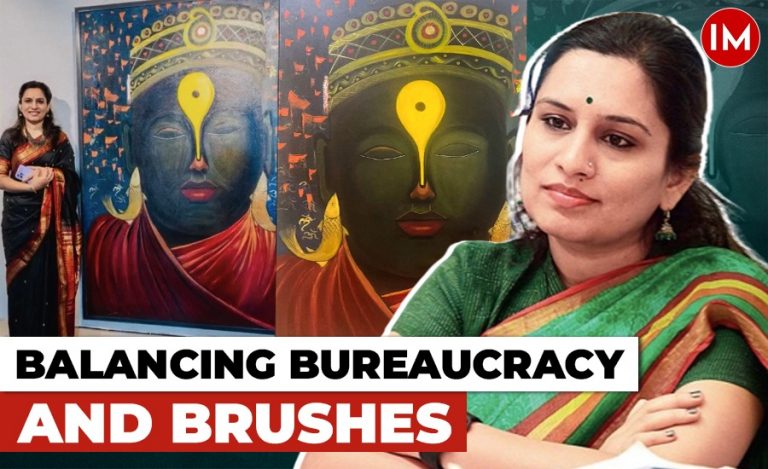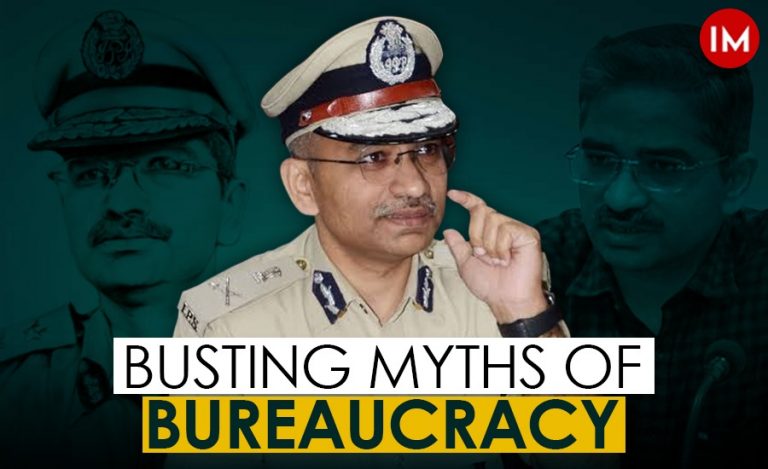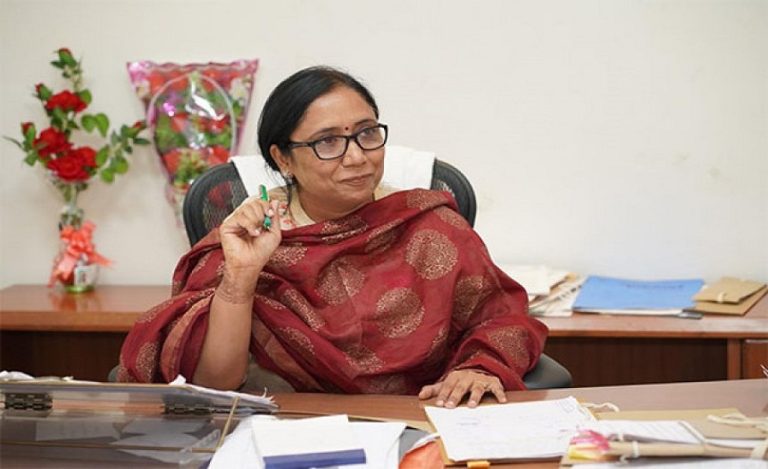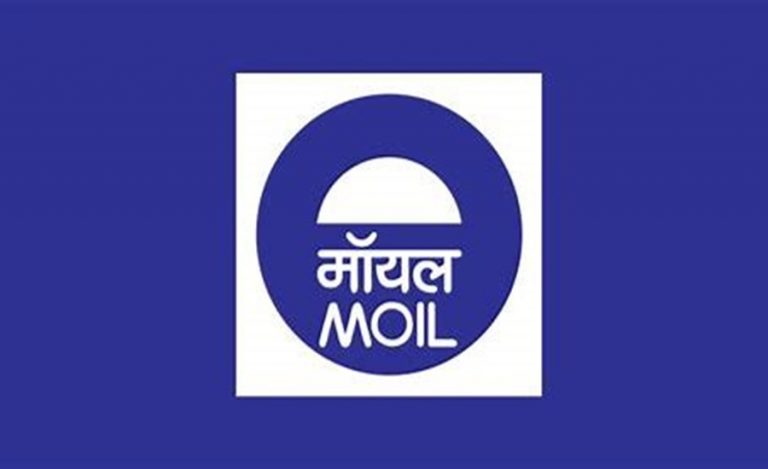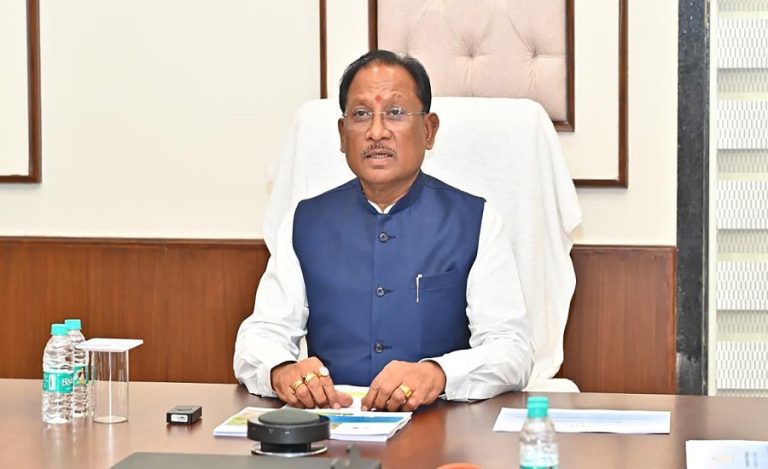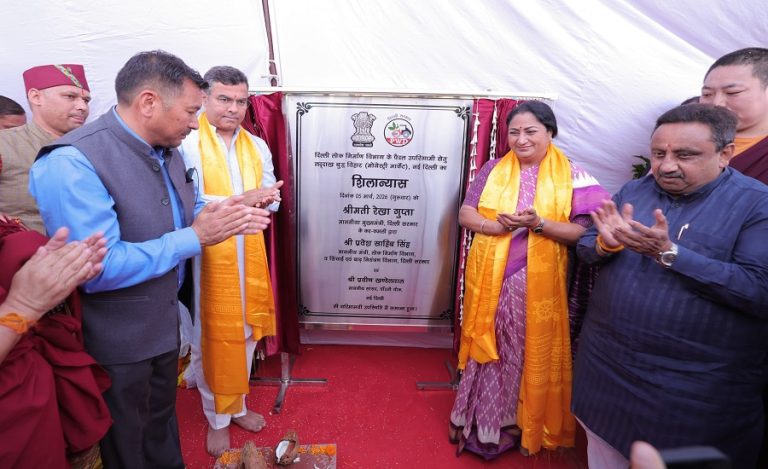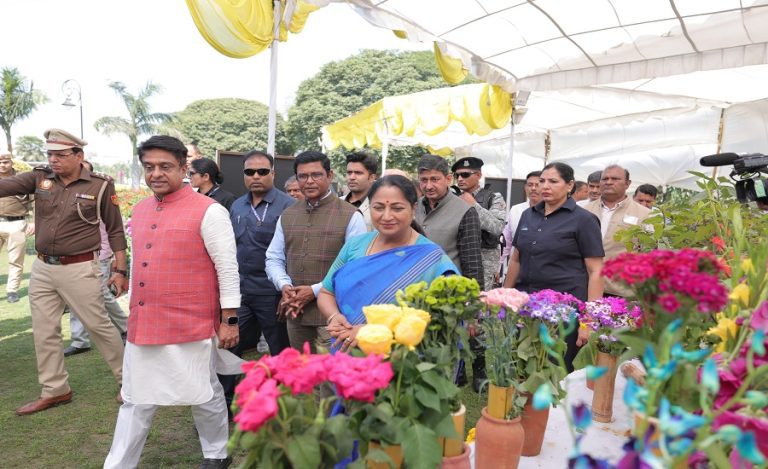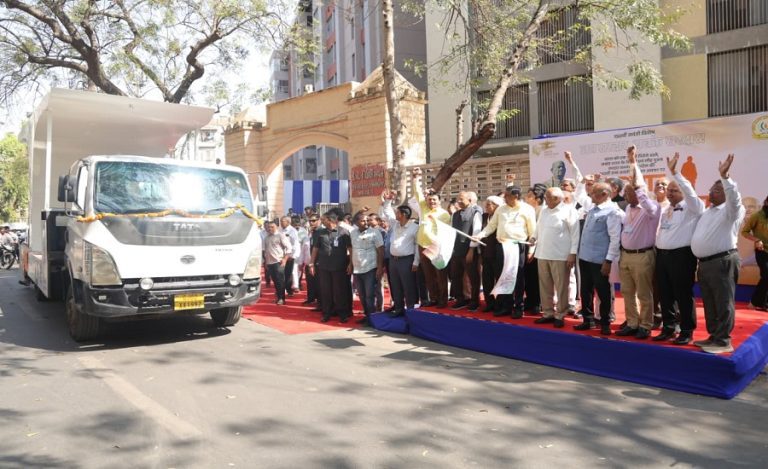If you are preparing for any competitive exam like UPSC CSE, IIT JEE, NEET, SSC, NDA, NABARD, etc, the first step, obviously, is to look into the syllabus. However, as you start the preparation, confusion and distraction can come along, which can lead you to study or practice topics that are not at all required. There will be many who will give you advices about what kind of questions could be asked, and instead of sticking to the basics of the syllabus, you might end up researching about topics which are waste of time.
IAS officer Manuj Jindal, who is currently posted as CEO, Zila Parishad, Thane, Maharashtra, advises on the right approach. In a video shared to Indian Masterminds, Mr. Jindal gives tips on how to know your syllabus well, which, in turn, will guarantee your success in CSE.
NOTE DOWN IMPORTANT TOPICS
If you are preparing for UPSC CSE, which is one of the toughest exams in the country, then you should always have a printed copy of the syllabus with you. Before studying any subject, you should always go through the syllabus multiple times and note down the terms, topics and keywords given in it. Elaborating it further, Mr. Jindal said, “When you have an idea of the topics, then the first thing you should do is search about the topics and try to find out reliable links. Then you should click those and read about it. This will create an overall understanding of the topic. I did it during my preparation days and it helped me a lot.”
GET A BIRD’S EYE VIEW
Further explaining what links one should read and what should be avoided, Mr. Jindal gives an example. “Let’s take ‘Indian Culture and Heritage’. When you will search this on google, you will get so many links starting from Wikipedia to links of Ministry of Culture, Centre for Cultural Resources and Training (CCRT), and others. You can read the Wikipedia and also go through the ministry page. All these are reliable sources. If you go through these, you will get an overall understanding and a bird eye view of the topic. This can also help you in deciding on what to read and not. Practising this can also help in contextual understanding of the topics.”
Similarly, if you are searching about an Economics topic like Principles of Macro Economics, then you should follow the same thing. He suggest reading from the original resources which includes websites of bodies related to Economics like World Bank, UNO, etc. Besides this, you can also cover the citation given at the end of Wikipedia page.
He strictly advises against going through the links given by any coaching centre. “Their contents are generally compiled and not so reliable. So, always read from the well recognised sources,” he says, adding that this can be helpful for any exam, and if you are preparing for UPSC, then this process can take 2-3 months, but it is worth it in the end.



